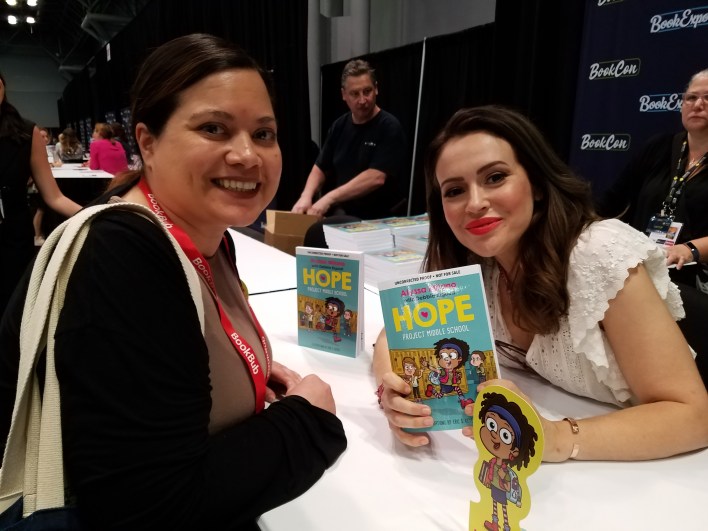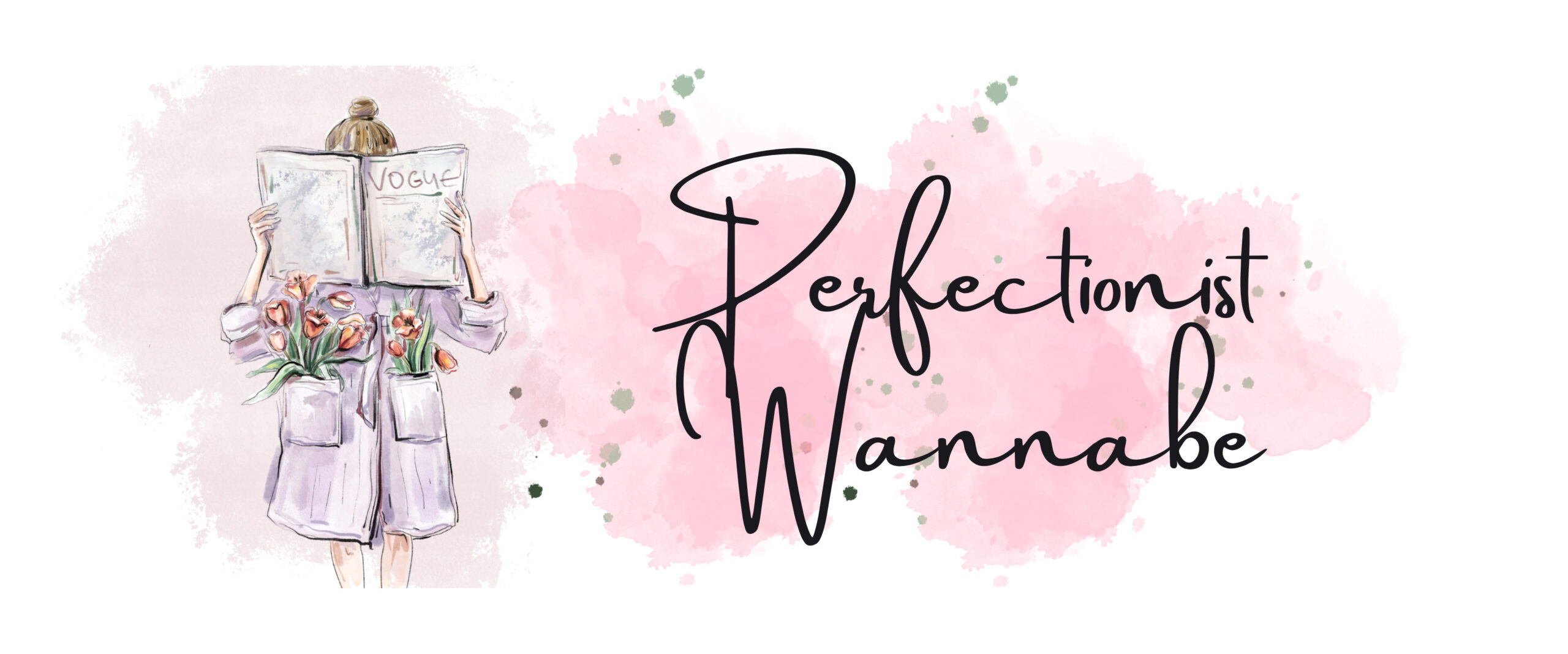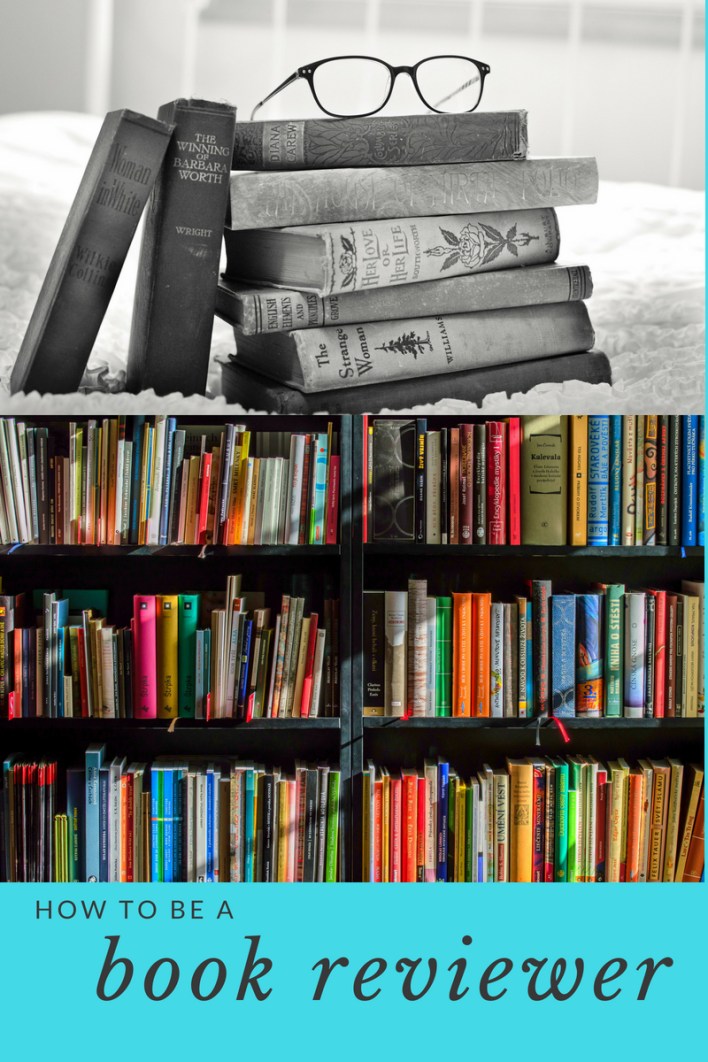
I received a lot of questions regarding the Book Expo last week and I am going to try to explain this as best as I can. Simply put, the Book Expo is for people in the industry (Hollywood, authors, agents, librarians, booksellers, educators, media/bloggers and book clubs). The Book Con is for everyone else that is a fan of books.
Book Expo of America
The Book Expo usually takes place every year in New York City (one year they were in Chicago) at the end of May. At the Expo, publishers showcase their upcoming titles for the year. This gives people that deal with books an opportunity to discuss business with publishers during this three day event.
The books available are generally ARCs. ARCs are Advance Reader Copies. These books are not the final copy. The editing is not complete. The cover and title may even change. This incomplete book is made available to readers that will either purchase the book in bulk, option the book (to be made into a film), or review the book and publish their review.

ARCs are not for sale. They are free copies.
At the Expo, they invite authors to attend for signings and to speak. Hollywood superstars like Viola Davis, Lupita Nyong’o, Nick Offerman, Megan Mullally, John Cena, George Takei and Alyssa Milano have attended the Expo in the past.
The more popular the book or the author, the more likely you will have to stand in a very long line to get your copy.
For more info on the Book Expo, click here. But before you do that, keep reading…
Book Expo for Bloggers
Now, for those thinking you have a blog or a Youtube channel, you can attend as a blogger…I’m going to put a stopper on this hope right now. The only group that is looked upon with much scrutiny is the blogger. There are several factors involved that will determine if you’ll get in. There are not many that are allowed in. I can count on two hands how many bloggers I saw at the Expo over these last few years.
First, the blogger is charged the most to get into the Expo. The registration fee depends on your business (as far as how you are affiliated with books). The reason why the blogger registration fee is so high is because it eliminates 99.999% of bloggers out there. Most bloggers can’t afford to go. Only the successful bloggers making money (or those with money) can get in.
You’re probably thinking WTF?!?!?!
A friend of mine at HarperCollins explained this to me. Luckily, he was one of the people that decided which bloggers were allowed to go. Back in 2015, the Expo welcomed the blogging community. They had panels that helped bloggers determine the next big reads and how to blog about books.
Well…for the serious bloggers, this was an incredible event. BUT there were problems. The attendees wiped out the publishers reserves, wrote BLURBS about the book (a couple of sentences, not a full review), and some even tried to sell the ARCs on Ebay prior to the book’s release date.
This really pissed off the publishers. So in 2017, they decided to be more selective with the blogger process. If I remember this correctly (I could be wrong), a group of individuals from the different publishing houses decided together who would be allowed to go to the Expo. So the hundreds of bloggers went down to about FIVE in 2017.
Oh, and the bloggers trying to sell on Ebay ended up in some legal trouble with each of the books’ respective publishing houses.
Which leads to…how in the world was Perfectionist Wannabe one of the ones allowed to go? 1) I actually blog full reviews about books, 2) I have a history of being a professional writer, 3) I have over 2,000 Twitter followers, and 4) one of the people deciding was a friend of mine I’ve known for over 10 years. I only learned what happened a year later. I didn’t even know he worked at HarperCollins.
How to Be Seriously Considered a Book Blogger
Like I mentioned above, you have to have full book reviews on your blog or vlog. A little blurb does not count. The only ones that can get away with this is Popsugar and other major media platforms. They have the numbers and can get away with doing lists with two sentences. Why? Because those lists generate major sales.
One requirement of bloggers is that you must submit your website’s numbers with your registration. One thing they are looking for is GROWTH. Your numbers must be constantly growing.
They do check your social media accounts. The number one thing they want to see on Twitter is that you have over 1,000 followers. That is their magic number. Only 3% of book bloggers have more than 1,000 followers on Twitter. [You also can’t cheat this number, they will check to see if your numbers are legit and not bought.]
Where are you posting your reviews? In this day and age, it is required to post your reviews not just to your blog, but to Goodreads and Amazon. Bonus points if you also post on Barnes & Noble. You also need to post something about the books on every single social media platform you have: Tumblr, Instagram, Twitter, Facebook, etc. Are you tired yet?
When you post reviews, you need to tag the author and the publisher in your tweet or Instagram post. This gets the attention of the publisher that you are actually serious about reviewing books.
Have you figured out this is all about how you are marketing that free book you received? How many hits can the publisher get out of you to promote their title?
So what do I discuss with publishers when I attend the Expo? This blog and marketing their titles. I want to know which titles they will be pushing aggressively. I want to know what they want from me as a blogger. I tell them what I would like to see from them as a publisher (because we are constantly growing and for true book lovers who want to see more books in people’s hands, we study how this is done and share intel on what is working).
What is also great is that publishers are well versed in what they would like to see from bloggers. They are more than happy to let you know what that is. This year, I learned that they want to see: 1) growth – are your numbers generating more hits and more followers?; 2) are you posting your reviews on Goodreads & Amazon?; 3) community – are you following other book bloggers/lovers? Are they following you? Are you talking to each other?; 4) are you consistent with your posts? [Publishers cite this as their #1 requirement.]
So for those thinking they can just start up a blog under the guise of going to next year’s Expo to get free ARCs, it’s not as easy as you think it is. There’s a lot of work involved to prove yourself worthy. But guess what? There is still a way you can do some of this stuff and not even be in the industry. All that is required is just a love for books.

The Book Con
The weekend following the Book Expo is the Book Con. It is a little bit like Comic Con, but scaled back. You will still be able to pick up free ARCs, get your books signed, sit in on panels, and even buy books. The lines are longer, people are a little crazier and there is way more excitement from the fandom.
The Book Con is generally cheaper than the Expo. You don’t have to be pre-approved by a group of people to get in. You don’t have to prove yourself worthy. You don’t have to put a lot of work into being accepted. You just have to love books!
The titles offered are sometimes different than the books offered at the Expo. There are also more books that are available for purchase.
Simply put, the Book Con is just crazier. The Expo is more the business side of books. The Con is just for the love of books for everyone else out there.
You can find info on the Book Con here. Their info will be updated early 2020. The event is in May. Early registration is a must.
Tips for Attending
The number one thing you need to do is bring a rolling suitcase. This suitcase is left at coat check (this year it was $4 to check your bag in; $2 each time to drop off your books into your suitcase and then re-check the bag in).
They give out free tote bags all around the event, so if you forget to bring one, they have you covered. But do bring the biggest, most durable tote bag you own. I highly recommend something that is lightweight and can take a beating.
When you fill up your tote bags (or they become too heavy), just drop the books off in your suitcase and go back for more books.
For those going to the Expo, bring your business cards.
Food at Javits Center can range between $10-$25 for food and drink. You can bring your own food/drink, but it’s not recommended. The Starbucks lines are insane, so bring your own coffee from outside.
When you need a break, make a point to sit in on a panel or five.
Make sure to pick up the Book Expo/Con guide (free), as well as the PW (Publisher’s Weekly). You can usually find them either when you pick up your badge or right before you enter the exhibit hall. There are usually people handing out PWs when you walk in. The guide is vital in finding out who, when and where authors are signing their books. It will help you plan out your day to make sure you get to the books/authors you really want.
When you stop at each publisher, stop by their information desk. They generally will have a flyer of events going on related to their titles, including galley drops (galley is another name for ARC, galley drops are when they are making the book available for pick up), author signings and their locations.
Do not show up to a galley drop or author signing right at the start time. Show up 15-30 minutes before the signing/drop. The line starts forming early. If you show up on time or too late, you may miss out.
Speaking of arriving early, arrive early to the Expo/Con. You’ll need to get to the coat check as early as possible. They fill up quickly and you can’t bring your suitcase onto the show floor.
Also, in order to check into the Book Con, that line can stretch a few city blocks. Get there super early on the first day when you pick up your badge. The Expo is different. You don’t have to show up super early to pick up your badge, but you will need to show up early to drop off your suitcase.
For those shipping their books home, do not use FedEx at the Javits Center. I recommend taking them either to a FedEx or UPS outside of the Javits Center. Take that as a warning.

For author signings that require tickets, I strongly urge you to purchase the Avid Readers Pass (this may only be available for the Expo, not sure about Con). Or you can wake up super early to get in line for the author signing tickets the day of (all free). They may limit you to the number of different tickets you can get. With the Avid Readers Pass, you pay to not have to wait in line to get the tickets, you get first pick, plus you get one Front of the Line pass. You’ll get the author signing tickets when you pick up your badge.
Not all author signings are ticketed events. Usually, the ticketed events are for the big names. For some in booth signings, if the author/book is very popular, they may require a ticket or bracelet. Check with the booth’s information desk to find out if the events you want to get in line for require a ticket. For instance, Disney/Hyperion requires bracelets for their big name signings (like Rick Riordan). Find out which events require this and when you can pick up your ticket/bracelet.

I hope that answers most of the questions people had. If you have more, ask them below and I’ll do my best to answer them all. It is a guarantee that if you have a question, someone else may have the same question too.
If you plan on going to the Expo in 2020, make sure you ping me after your registration is accepted. I’m considering doing a meetup. I do not attend the Book Con, because it’s a little too intense for me and 150 books over 3 days is plenty. ; ) Two more days would be overkill.

 I love books. As a writer, reading books is a livelihood. It is a way to become inspired by other authors who are honing or have already honed their crafts. I want to know what people think, create and escape to when they put a book together. It is not just the stories they are telling. The words. The words are the most important part.
I love books. As a writer, reading books is a livelihood. It is a way to become inspired by other authors who are honing or have already honed their crafts. I want to know what people think, create and escape to when they put a book together. It is not just the stories they are telling. The words. The words are the most important part.